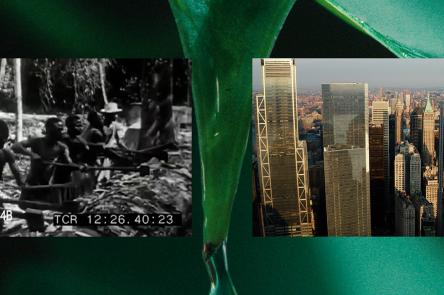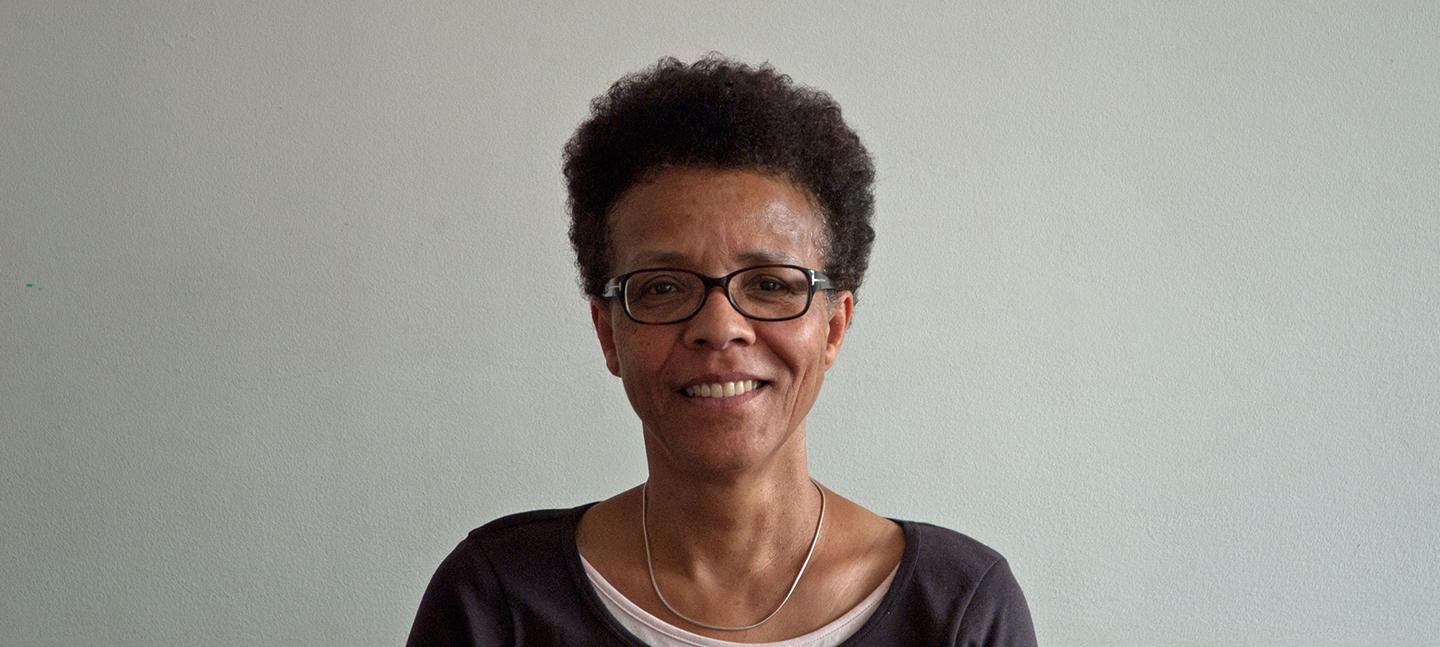
Dr. Gail Lewis explores Black radicalism, anti-capitalist place-making and abolitionist geography with Lola Olufemi and Imani Robinson.

Dr. Gail Lewis explores Black radicalism, anti-capitalist place-making and abolitionist geography with Lola Olufemi and Imani Robinson.
This recording was the second in the series Abolition: In Defence of Translation.
Feminist scholar, activist and former reader in psychosocial studies Dr Gail Lewis sat in conversation with Black feminist writer and researcher Lola Olufemi and interdisciplinary writer, artist and facilitator Imani Robinson.
The conversation explores Black radicalism, anti-capitalist place-making, abolition geographies and the antagonistic contradiction of carceral geographies.
abolition geography, the antagonistic contradiction of carceral geographies, forms an interlocking pattern across the terrain of racial capitalism. We see it.
Our understanding of space and place are informed by the psychogeographical contours of our environments, of carcerality, enclosure, surveillance. As Katherine McKittrick asserts, ‘Black matters are spatial matters,’ and so reimagining space requires a continual reassessment of the disciplinary patterns that shape how and where we live, work and love.
Gail Lewis is Reader Emerita of Psychosocial Studies in the Department of Psychosocial Studies, School of Social Sciences, History and Philosophy (SSHP). She joined the Department in 2013 and was Assistant Dean between 2015 and 2017. Her political subjectivity was fashioned in the generative cauldfrom of Black Feminist and anti-imperialist activism. She is a member of Brixton Black Women’s Group and a founding member of OWAAD.
She trained as a Psychodynamic Psychotherapist and as a Psychoanalytic Psychotherapist at the Tavistock and Portman Clinic. She is a Visiting Senior Scholar at the Gender Department at the London School of Economics. She holds an Honorary Doctorate from the University of Essex/Tavistock and Portman Clinic. She has published on social policy, feminism and psychodynamics of organisation, always attending the processes of racialised-gendering.